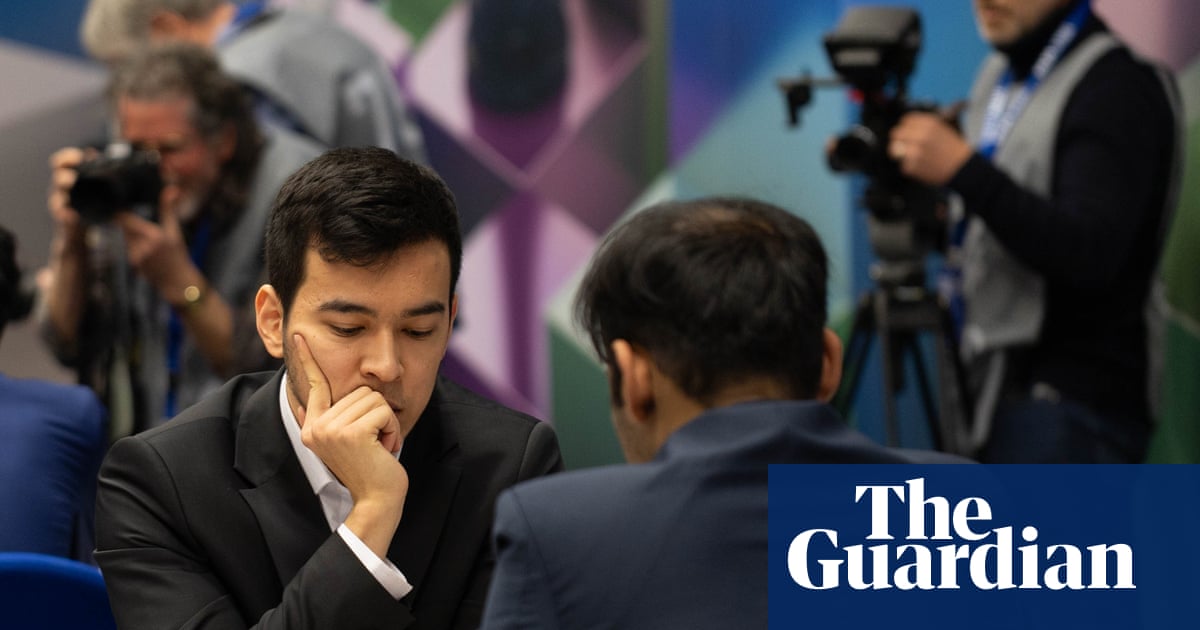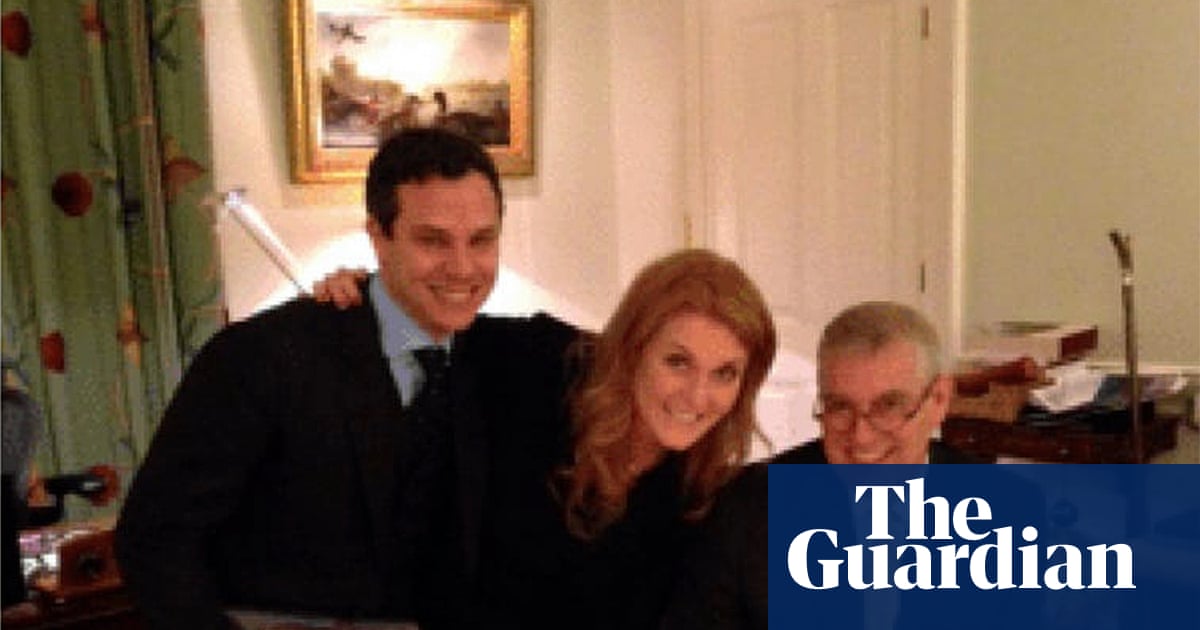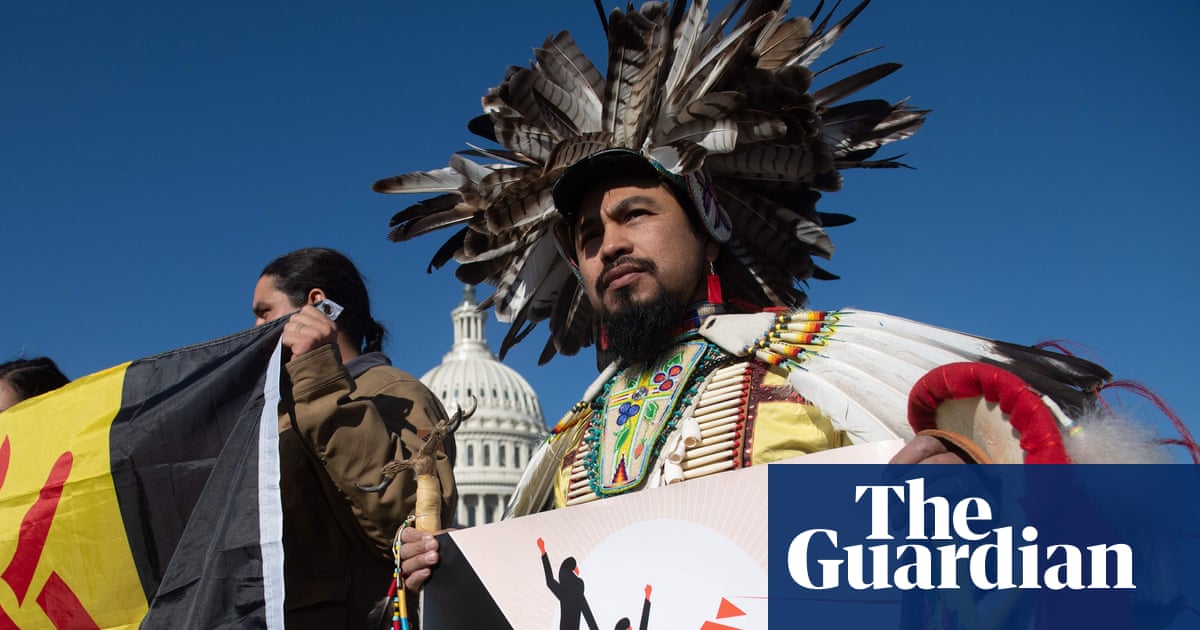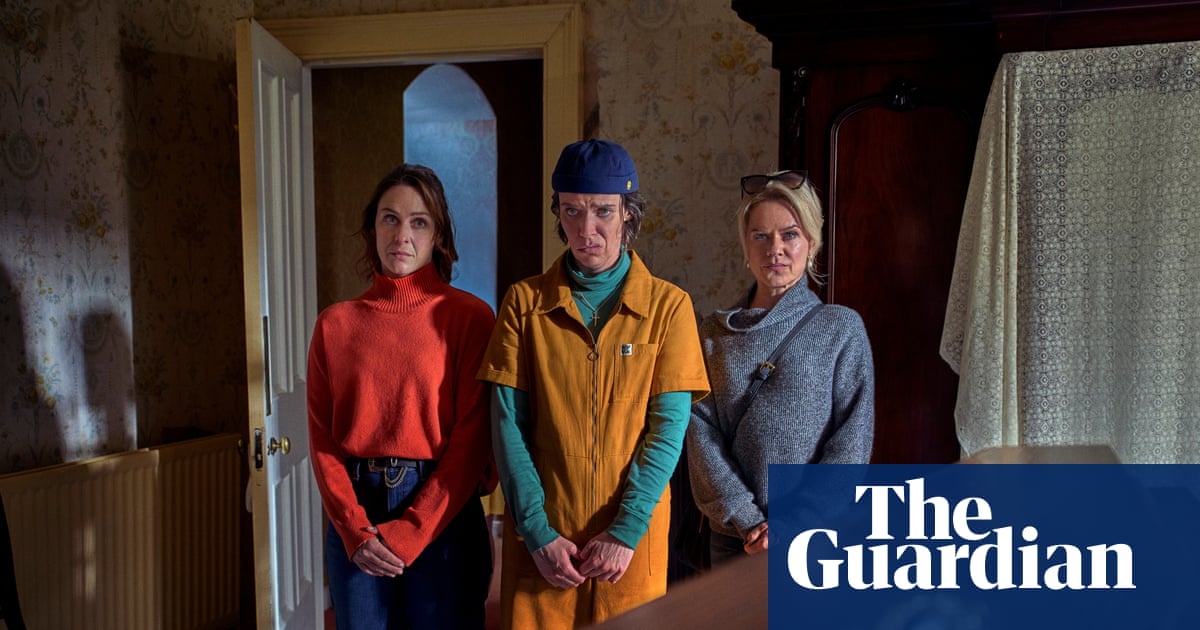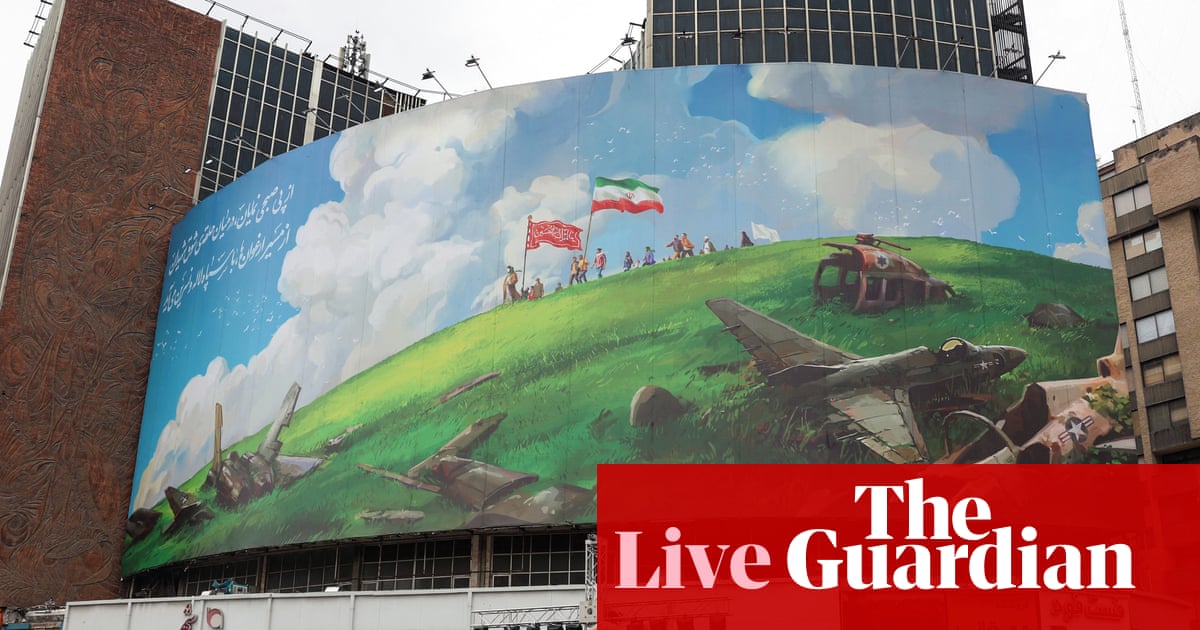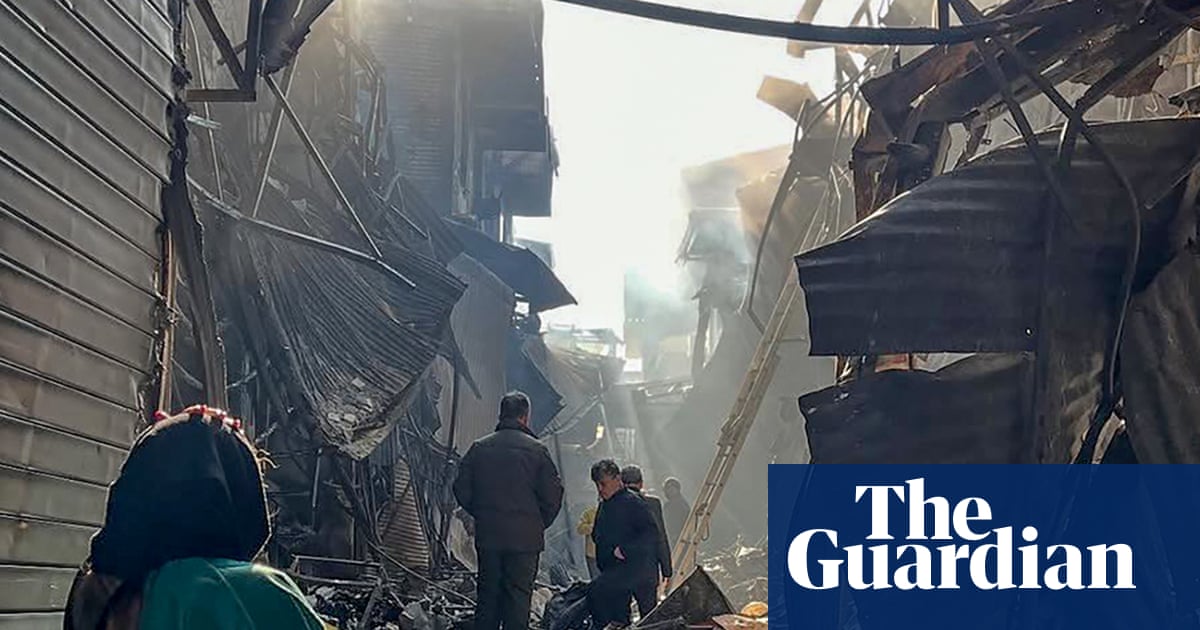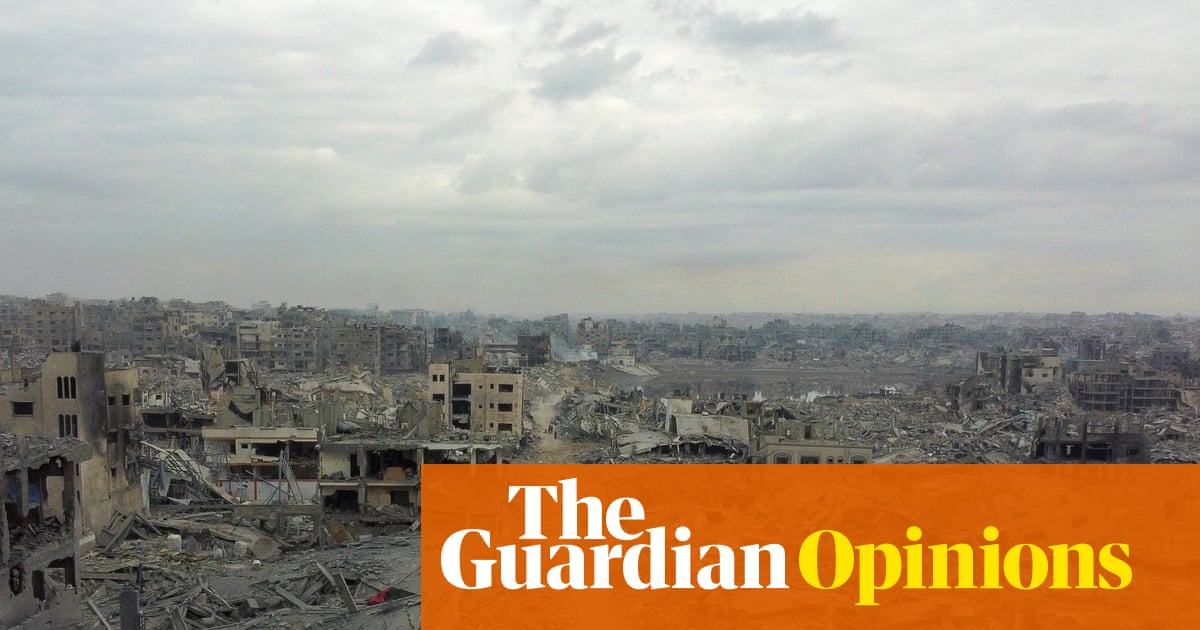The UK government is in denial about the extent of hostage-taking by foreign states and has failed to fulfil its promise to appoint a special envoy to combat the problem, Nazanin Zaghari-Ratcliffe has said.
Zaghari-Ratcliffe, who was kept in an Iranian jail for six years on bogus espionage charges until her release in March 2022, was speaking at a conference dedicated to eradicating the growing international practice of hostage-taking.
“The government has a moral duty of care for each and every citizen who is arbitrarily detained abroad,” she said. “That duty should be fair. Unfortunately, the government’s policy in such cases is discretionary. If you are not made a priority to them, you run the risk of being left behind.”
The conference heard widespread disillusionment from hostage families that the UK had still not acted to marshal the resources of government to make the release of British nationals a true diplomatic priority, including by providing systematic advice and sustenance to families of those arbitrarily detained.
Speaking at the conference, Joe Bennett, the son of Lindsay Foreman – currently held in an Iranian jail on spying charges – revealed that the Foreign Office had advised him not only not to go public about his mother’s capture, but also not to contact other families that had been in parallel crises. He reported that his mother felt let down, and was currently on hunger strike. He said he was willing to join her on the strike if it helped.
“I think the biggest battle is fighting the government to get them to do something … which shouldn’t be the case,” he said. “It feels though at the moment that we’re at a bit of a stalemate. I think we as a nation and government should be taking that front foot and addressing it for what it is.”
The Labour manifesto made a commitment to provide a right to a consular assistance in human rights cases, but no legislation has emerged.
The previous foreign secretary David Lammy said before the summer that the appointment of an envoy would be made by the end of the year. But there are concerns that the envoy may not have access to the UK prime minister, or the powers given to the US envoy for hostages. A recent executive order has given the US president powers to designate a state as a hostage-taking state.
Zaghari-Ratcliffe noted that after her case, the UK’s foreign affairs select committee had organised an inquiry examining how the government handled hostage situations. “It is a still-neglected policy area,” she said. “One of the recommendations was to establish a hostage envoy … The foreign secretary personally met with us to explain how important it was to him. However, the hostage envoy has not yet been established. There has been no improvement in the UK government approach to deal with hostage taking. It feels we are still in the denial phase.”
Recounting her prison experience, she said: “I kept telling myself, surely my life meant a lot to many, if not to the states involved, so those many will help me out. I also thought, surely no government would take a woman and a baby hostage. That is just cruel. But I was wrong. The politics I was inadvertently stuck in between was ruthless and brutal.”
Caoilfhionn Gallagher, a KC and a human rights barrister at Doughty Street Chambers, said: “It’s something shocking when you hear what Nazanin said when she was paraded on stage at the Labour party conference before the election with the Labour government saying: we’re going to do things better. And now here we are a year and a half on, and I can tell you, as someone who’s worked in this field for 25 years, it doesn’t feel better. It doesn’t feel different. It feels like we’re having exactly the same fights.”

 2 months ago
95
2 months ago
95




